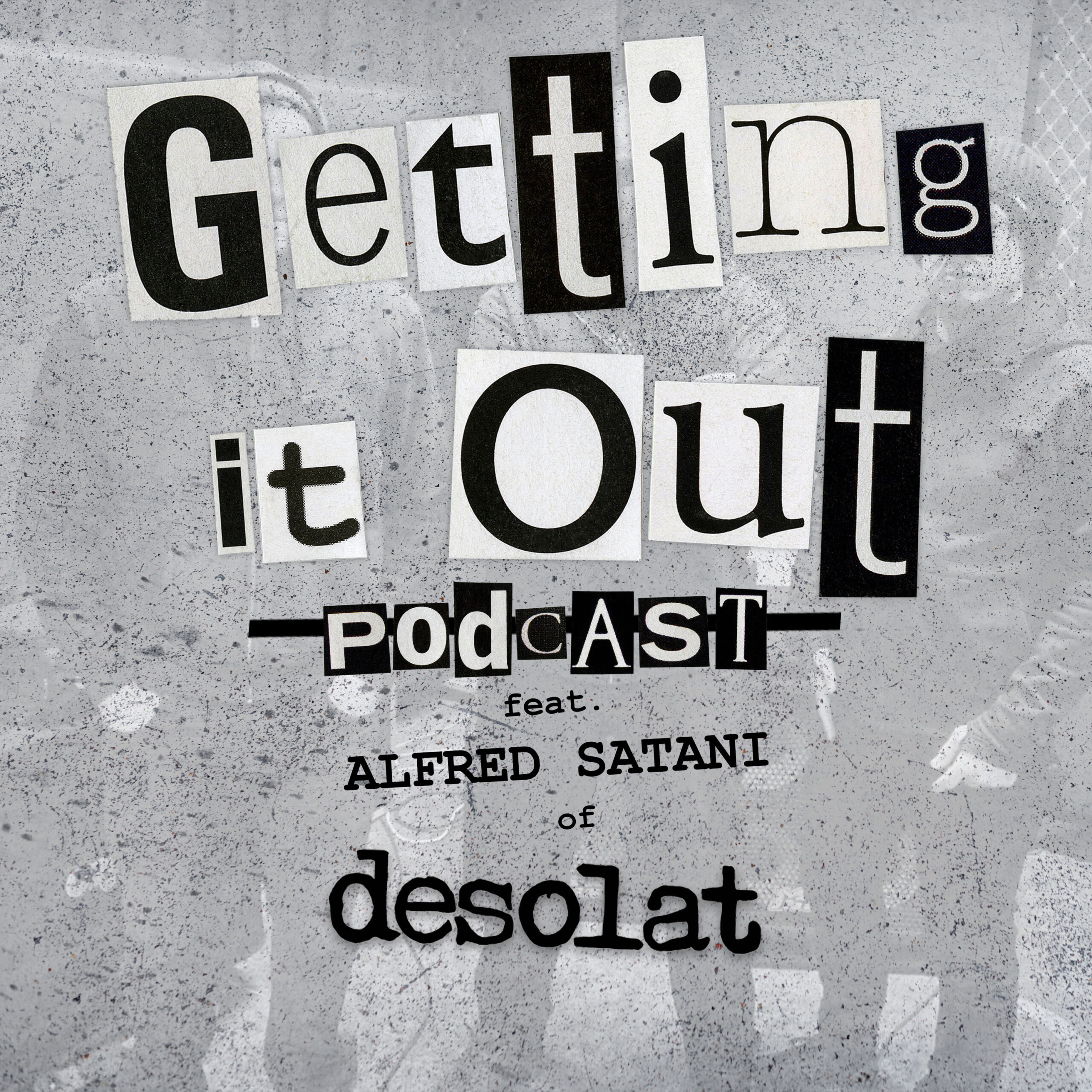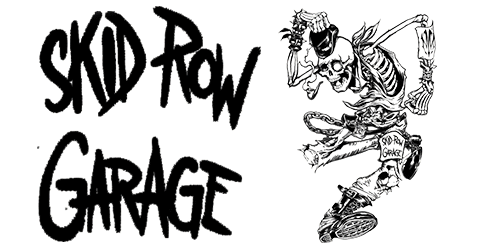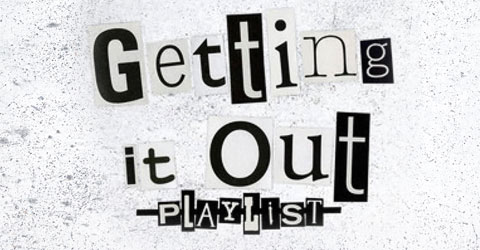Paint It Black from Philadelphia, PA
Since forming in 2002, Philadelphia’s Paint It Black have rewritten the rules of hardcore punk with each new release. Across three full-length albums and three seven-inch EPs, the four-piece of vocalist Dan Yemin, bassist Andy Nelson, guitarist Josh Agran, and drummer Jared Shavelson have been crafting concise, incisive statements that meld hardcore’s fury with a nuanced lyrical perspective. On Famine, the band’s upcoming 12-inch on Revelation Records, Paint It Black shows all sides of itself, returning as inspired—and inspiring—as they were a decade ago.
“It’s important to make things that are real, thoughtful, and not disposable,” says Yemin. “We don’t just put out a new record because it’s time to put out a new record. We put out a record when we’ve got something to say. We’re a hardcore punk band, and the most important thing, more than velocity or volume, is authenticity. I’m shooting for something real because I want to feel something real and I want to yell it in people’s faces. I want to stir something in people, and I want to make music that I had to stir something in myself to make.”
Famine is the product of years of plotting, planning, and prepping, with the goal of making the most impactful statement possible. “We were slowly working on material,” says Nelson. “Dan was working on lyrics, we were all working on music and getting together from time to time, but we ended up with more stuff than we expected.” Yemin extrapolates on just how fertile the creative period was, as even when the band thought they were done composing the songs for Famine, more ideas entered the arena. “We thought we were done, but then I kept writing. It became clear there were more ideas I still needed to explore, and I didn’t want to cheapen it by taking shortcuts to the end,” says Yemin.
Take the hard-stomping opener “Famine,” a track that both feels familiar to longtime fans and nods to the progressions Paint It Black has made throughout the record. Nelson and Shavelson lock into a groove that gives the song a distinct hardcore strut, making room for Agran to shift between pummeling pieces and melodic touches in ways that continually take the listener by surprise. On top of it all are Yemin’s vocals, as charged as ever, sounding like a decade’s worth of frustration has finally boiled over, allowing him to dissect the rose-colored tellings of American history with surgical precision.
In many ways, Famine is a record about the blurring between history and mythology, especially as it pertains to the current moment in America. On Famine, Yemin explores the stories we grew up being told—the truths, the lies, and everything in between. “I’m always thinking about how we try, and often fail, to distinguish history from myth,” says Yemin. “Narratives have so much power over how we perceive ourselves and everything around us. All narratives have something in common with mythology. They’re stories we tell ourselves about ourselves.” In sharpening his rebukes against religious fundamentalism, constitutional originalism, and the very concept of policing, Yemin dug into texts intrinsic to their founding. “I think the source documents for orthodoxy are really interesting and instructive,” he says. “If you’re critiquing something without going to the source material then what are you really doing? How serious is your critique?”
Similar to this exploratory lyrical approach, the music on Famine creates richer textures out of pieces rarely found on hardcore punk albums. “Exploitation Period” is perhaps the greatest example of Paint It Black’s unique juxtaposition of ideas. Opening with one of Nelson’s rumbling bass lines—the kind that resemble a slow, ominous walk toward an execution—the song slowly reveals itself to be run on a loop made from a collection of field recordings captured and constructed by Yemin. It builds meticulously, ending with a sample that encapsulates all the things the band’s hometown of Philadelphia represents. “I think the best music and written words conjure a sense of place,” says Yemin. “It makes you feel something real or connects you to something real that you’re feeling, but also has a sense of identity and location. And so Philadelphia is a through line.”
Though Paint It Black will always be a Philadelphia band, with three members now living in California, it made both logistical and creative sense to record Famine live to tape at the Atomic Garden in Oakland, California. “Some of the most killer records of the last 10 years have all come out of Jack’s place,” says Nelson. “I loved that he made us get into a place where it’s just us playing. There’s no studio trickery, there’s no quantizing, there’s no anything other than the sound of the band. And I’m really proud of how it came out.”
While recording Famine, Paint It Black found spaces to bring in musicians they view as both peers and influences, allowing the band to deepen the listening experience and highlight the communal feeling they’ve always championed. Ink & Dagger’s Don De Vore brings his distinct, off-kilter approach to “Dominion,” Brian Stern (Planet On A Chain, Talk Is Poison, Look Back And Laugh) joined them on “Serf City, U.S.A.,” and Cold World’s Dan Mills pops up on “The Unreasonable Silence,” a blink-and-you’ll-miss-it moment that brings Yemin a profound sense of joy: “That experience of getting that done, that thing alone is so tiny, but it imbued the experience for me with such an intense feeling of comradery.”
Throughout the eight songs that make up Famine, Paint It Black proves that the most potent hardcore punk releases are ones that come from a space of vulnerability, honesty, and authenticity. It’s what makes each moment on Famine feel vibrant and vital, just like Paint It Black has always done.
Bio by David Anthony











